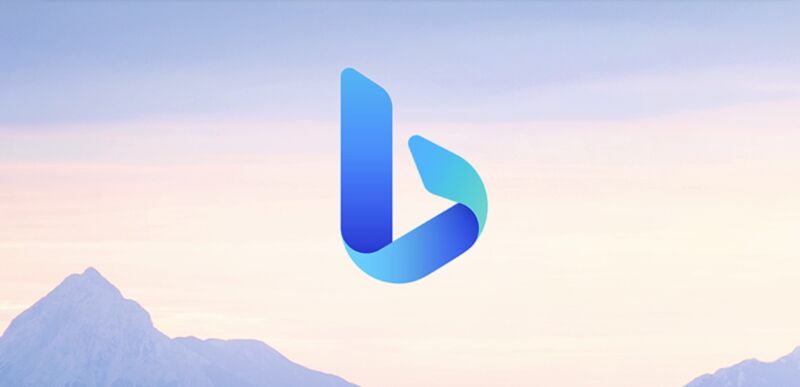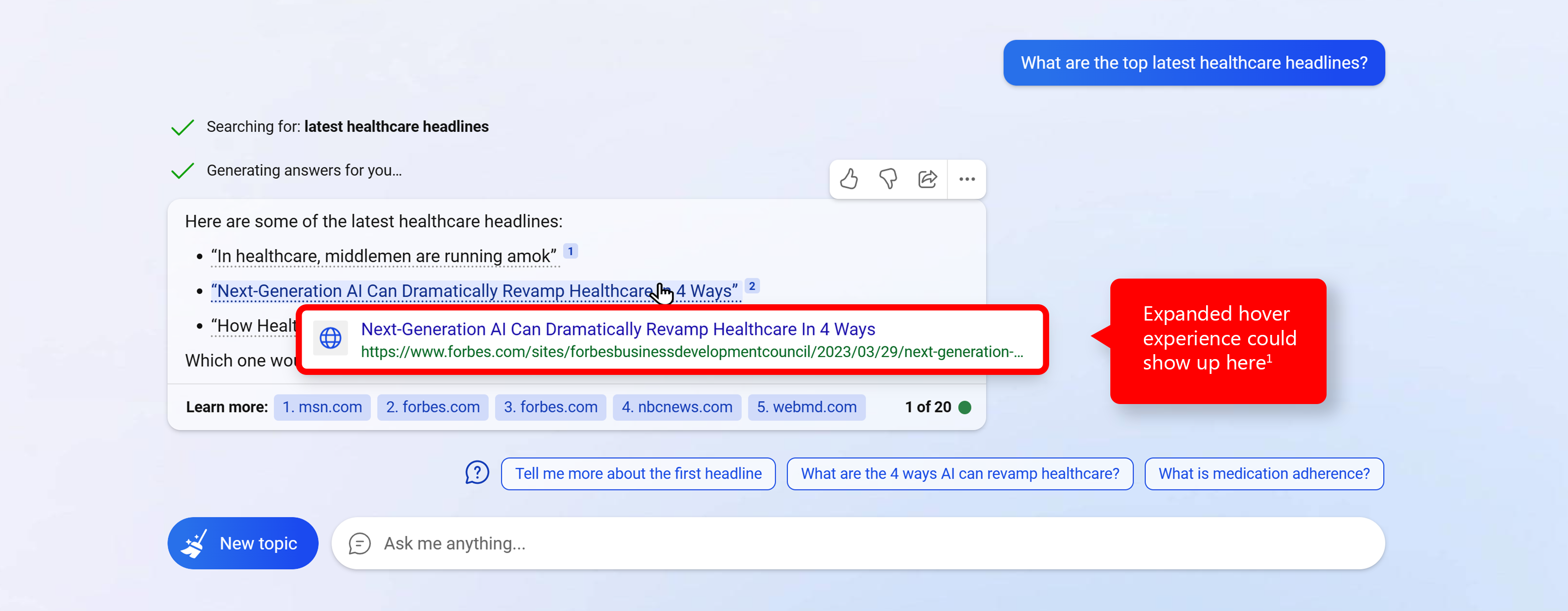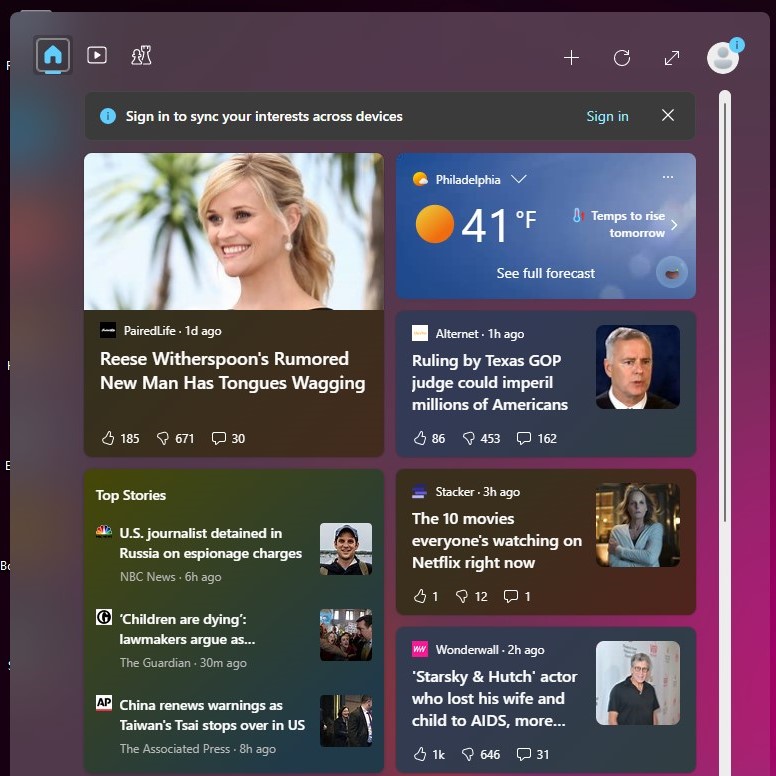
Microsoft has spent a lot of time and energy over the last few months adding generative AI features to all its products, particularly its long-standing, long-struggling Bing search engine. And now the company is working on fusing this fast-moving, sometimes unsettling new technology with some old headaches: ads.
In a blog post earlier this week, Microsoft VP Yusuf Mehdi said the company was "exploring placing ads in the chat experience," one of several things the company is doing "to share the ad revenue with partners whose content contributed to the chat response." The company is also looking into ways to let Bing Chat show sources for its work, sort of like the ways Google, Bing, and other search engines display a source link below snippets of information they think might answer the question you asked.

Sharing ad revenue with partners is an attempt to address a looming supply-and-demand problem for AI chatbots that dig through the Internet to find answers to user queries—someone needs to be making the content that Bing Chat uses to formulate its answers. If AI chatbots make content creation less lucrative, there's less information out there for AI chatbots to sift through, making it even harder for them to do what they're trying to do.
The problem with the Bing Chat ads isn’t necessarily Microsoft’s stated intent—driving traffic to content creators—but what we already know about the kinds of editorial content and ads Microsoft chooses to highlight in its existing software and services.
Open up the default newsy home page in Edge or the Widgets menu in Windows 11, and you’ll often see some high-to-medium-quality news from reputable outlets displayed. But much more frequently, and especially if you're not signed into a Microsoft Account and you've made no effort to customize what your feeds look like, these areas are jammed with weird listicles, celebrity gossip, health care, and finance-related clickbait, and (in one case) major Star Trek: Picard spoilers.

The quality of these articles isn't necessarily Microsoft's fault; this is just the kind of stuff that has thrived in the low-effort, SEO-driven, ad-supported media landscape. But regardless of why they exist, displaying these kinds of articles adds little user value to Edge or Windows. It's hard to imagine that kind of content adding much value to Bing Chat for either users or publishers.
The other problem, particularly regarding Microsoft, is ad fatigue.
Ads are an inescapable part of the Microsoft experience, appearing across Windows 11's Search and Widgets menus, inside the Microsoft Store, and even on the lock screen you see before you log in to your computer. The company has long advertised its own products and services (Edge and Bing, but also OneDrive and Microsoft 365) in Windows 11's Settings app and in Windows Explorer, and it has tested them in the operating system's sign-in menu, too. You'll be reminded periodically to switch to using Edge as your default browser and Bing as your default search engine, especially after major updates. A handful of third-party apps, including Spotify, Prime Video, TikTok, and Instagram, all automatically download on new Windows 11 PCs after you connect them to the Internet.
Taken individually, none of these things make Windows impossible to use. Most of them can be ignored, uninstalled, or disabled. But collectively, they're a pain, and it feels like the company is always testing new ways to add another layer on top of all the existing layers. Microsoft has done a lot of work to make Windows 11 the most consistent and visually unified version of Windows in a long time—it's just too bad that it's coming with so many ads, junky trending news feeds, and reminders to use other Microsoft products.
"come" - Google News
March 31, 2023 at 11:10PM
https://ift.tt/205tudQ
Ads are coming for the Bing AI chatbot, as they come for all Microsoft products - Ars Technica
"come" - Google News
https://ift.tt/F4XGAUI
Shoes Man Tutorial
Pos News Update
Meme Update
Korean Entertainment News
Japan News Update
Bagikan Berita Ini














0 Response to "Ads are coming for the Bing AI chatbot, as they come for all Microsoft products - Ars Technica"
Post a Comment